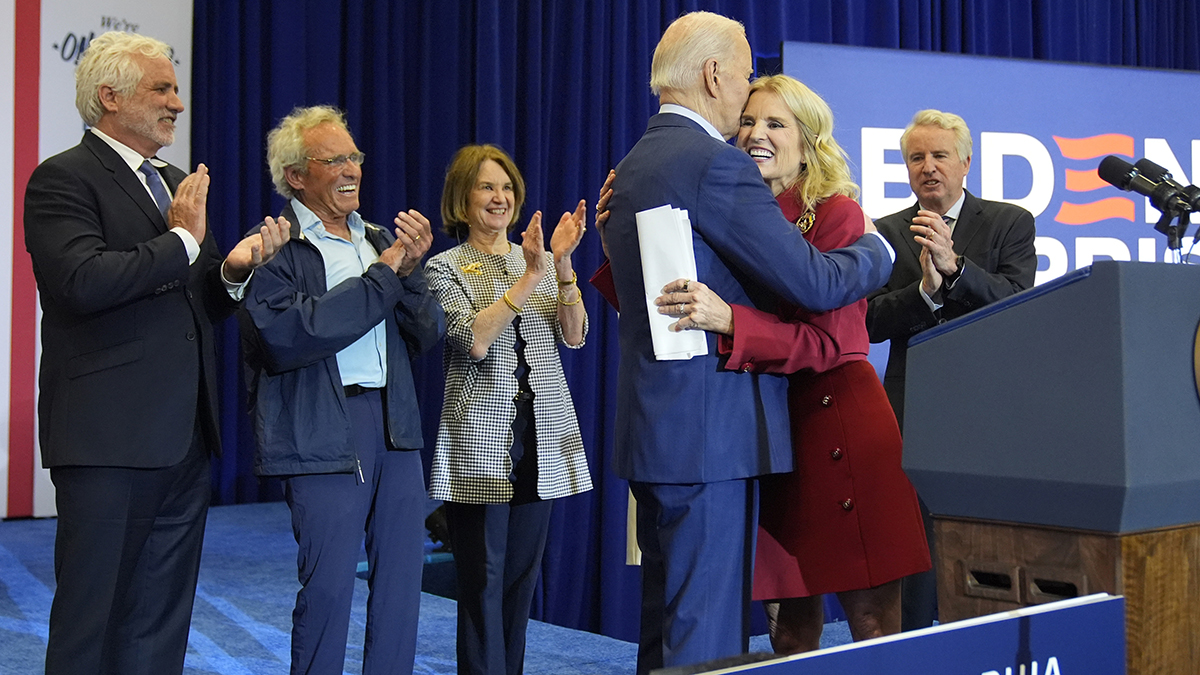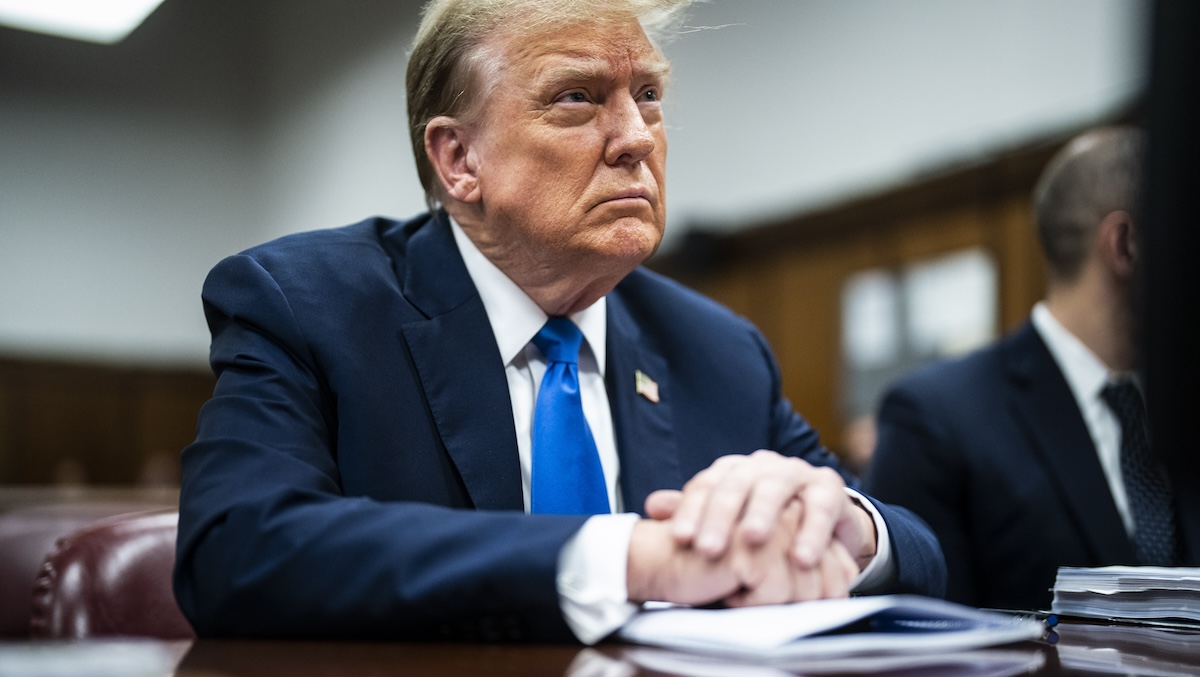After Tuesday's election, Maryland and Virginia will return to paper ballots, scraping or phasing out electronic voting machines that were once considered state of the art.
Maryland will get rid of its $65 million electronic system and return to paper ballots for the 2010 midterm elections -- and will still be paying for the trashed system until 2014.
In Virginia, jurisdictions will ease toward paper after the General Assembly voted last year to phase out electronic voting machines as they wear out.
The two states say paper ballots filled out by hand are more reliable, especially in a recount.
It was not long ago that electronic voting machines were called a computerized panacea to the hanging chad, a system unaffected by things that some say make paper ballots vulnerable.
But concerns arose that the electronic voting machines could crash or be hacked.
The District has one electronic machine in every precinct, but most people vote on paper ballots, according Dan Murphy, a spokesman for the D.C. Board of Elections and Ethics.
Politics
Political news from the U.S. Capitol, White House and around Washington, D.C., Maryland and Virginia
In Virginia, the law passed last year bars localities from buying more electronic machines, also known as direct-recording election machines. It could take years to complete the switch to paper.
"I think there's a concern that ... the votes may not be counted correctly," said state Del. Timothy D. Hugo. "And with the (machine) there is no backup, and I think that's the greatest concern."
Fairfax County General Registrar Rokey Suleman II said there are pros and cons with both systems. The touch screens, he said, are easy to use and clearly mark voters' intent. Voters don't always make their mark clear on a paper ballot.
But in Virginia and Maryland, the electronic machines don't print paper that voters can check to make sure their vote was recorded properly. Also, only one person at a time can vote on electronic machines.
That means voting can take longer, an issue with officials predicting record turnout on Tuesday.
Paper ballots are fed into an optical scan machine that reads them. They can help lines move more quickly because many voters can fill them out at once, officials say. Fairfax has bought optical scan machines to back up its touch screens. And on Election Day, officers will urge people to vote with paper ballots, Suleman said.
"If voters want to go off in a corner with a clipboard, they can," he said.
During absentee voting in Arlington County, General Registrar Linda Lindberg tried to get voters to use paper ballots to keep lines moving. But they were "overwhelmingly choosing the machines," she said. "That worries me a little bit about Election Day."
In Maryland, Linda H. Lamone is administrator of the State Board of Elections. She has said in the past that she has "complete faith in the system" and that the machines are "fabulous."
But last year, the General Assembly voted unanimously to discard the touch-screen machines and go to paper ballots by 2010.
Maryland Gov. Martin O'Malley supported the move because "he wanted a way to manually go back and verify the votes," said spokesman Shaun Adamec. "We couldn't go back and do a manual recount now. We don't have the tools to do that."



